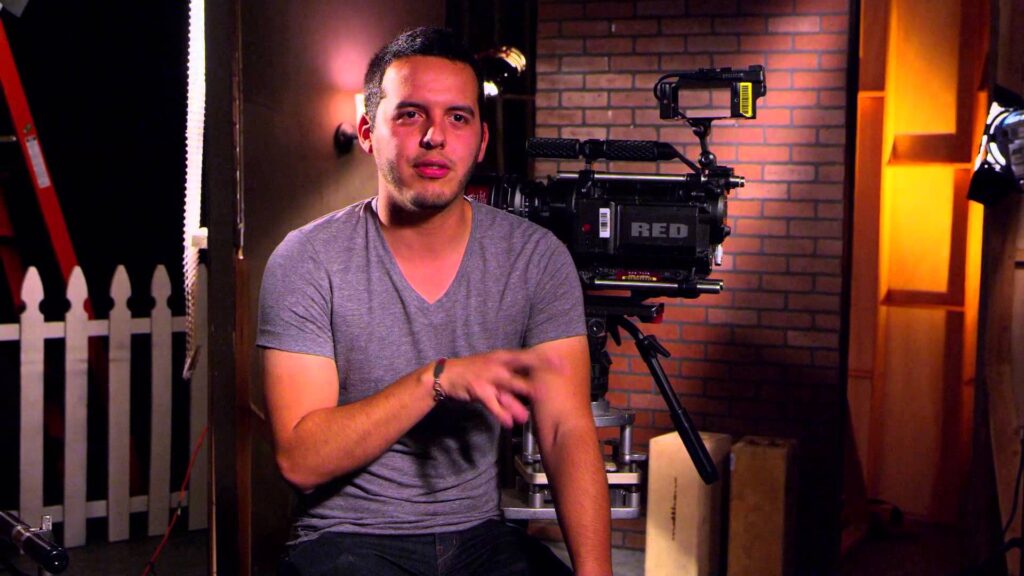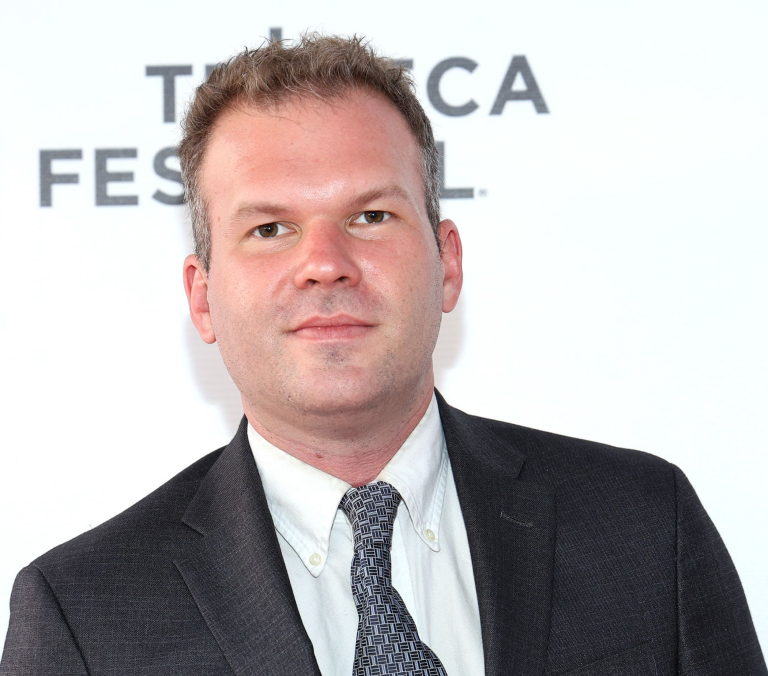Learn How To Become a Producer at NYFA
At NYFA’s Producing School in Los Angeles, aspiring producers can learn every step that goes into a successful creative production. In our Bachelor of Fine Arts (BFA) Degree in Producing, students build practical and creative skills in their chosen field throughout the program, learning to develop a pitch, make a treatment, analyze scripts, source talent, stick to a production budget, and create a schedule. The program is a great fit for students looking to pursue pathways such as line-producing, creative producing, production management, and any curatorial position within the creative industries.
Faculty Highlights
Curriculum
The curriculum of the BFA program at NYFA’s Producing School include:
- Producing courses that may include Film Production, Producer’s Craft: Creative, Business Plans, TV Show Bibles, Advanced Pitching Workshop and Script Collaboration I & II, dedicated to collaborating with a writer and coverage, as well as Entertainment Law and Business Practices and Business affairs
- Fundamental filmmaking courses that may include Cinematography, Lighting, and Editing, Elements of Screenwriting, and Sound for Producers
- Additional Liberal Arts and Science coursework in Arts & Humanities, Social & Behavioral Sciences, Natural Sciences and History of Art, and Theatre & Media
- Ongoing instruction through a variety of teaching methods and immediate feedback by faculty currently working in the film industry
- Access to an equipment library with cutting-edge cameras, light kits, and sound equipment
- Exclusive guest lectures from Producers that work at top film companies and organizations
- Internships for credit through an exclusive listing and instructor mentorship
To learn more about the BFA in Producing, refer to NYFA’s Los Angeles Course Catalog or request more information.
In this accelerated program, students complete their BFA in eight full semesters in three years. This is achieved through an extended academic schedule, which allows students to complete three full-length semesters in each calendar year.
BFA students complete a variety of projects, such as a Finance and Budgeting Plan, Marketing and Distribution Plan, a TV Show Bible, Unscripted Television Projects, as well as Web Series Projects. Students also complete thesis projects during the final two semesters and may participate in NYFA’s Producers Pitch Fest to pitch their thesis to industry professionals. To learn more about the projects within the BFA, visit NYFA’s producing project page.
To round out their studies, BFA students are required to take Liberal Arts and Sciences classes in addition to their producing courses. These classes enhance students’ education and challenge students to strengthen their critical thinking skills, studying subject matter that closely aligns to producing. To learn more about the LAS requirements for this degree, please visit our LAS page.
NYFA’s BFA in Producing is currently available at the Los Angeles campus. Located in Burbank, NYFA producing students are in proximity to top filming locations, as well as the nearby Warner Brothers and Universal Studios backlots.
3300 W Riverside Drive
Burbank, CA 91505
Bachelor of Fine Arts Degree in Producing
| Location | Program Start Date and End Date | Tuition |
|---|---|---|
| Los Angeles | January, 2026 – August, 2028 August, 2026 – April, 2029 | Spring 2026 Semester The program semesters tuition and duration is listed below. In addition to tuition please review the programs associated feesTuition:$18,195 Per Semester Program Fee:$956 Per Semester Program Duration: 8 SemestersFall 2026 Semester The program semesters tuition and duration is listed below. In addition to tuition please review the programs associated feesTuition:$19,500 Per Semester Program Fee:$1,000 Per Semester Program Duration: 8 Semesters |
*Additional Fees:
Spring 2026 – Summer 2027
| Technology Fee: | $80 Per Semester |
| Wellness Services & Programming Fee: | $145 Per Semester |
| Activity Fee: | $125 per semester |
| Orientation Fee: (January 5th – January 9th) |
Domestic Students: $150 International Students: $200 |
| Graduation Fee: | $100 |
| International Student Fee: | $200 for the first semester, $120 each subsequent semester |
Please note: Equipment, curriculum, and projects are subject to change and may vary depending on location. Students should consult the most recently published campus catalog for the most up-to-date curriculum.




